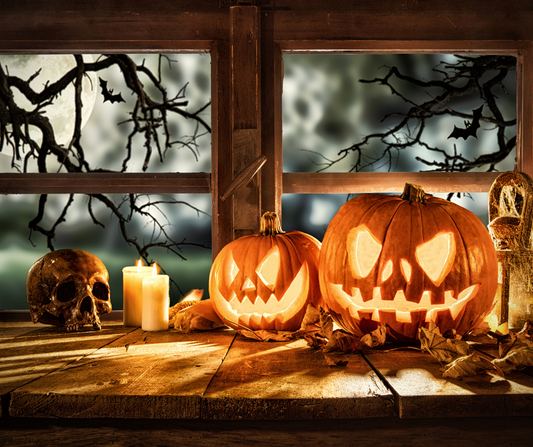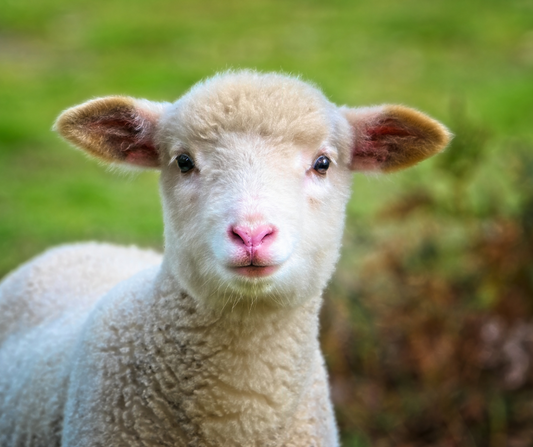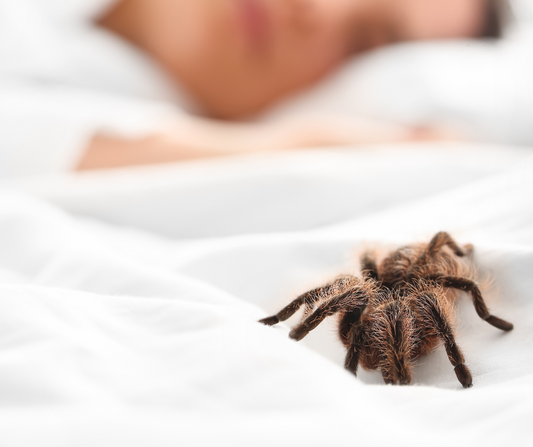Ah, the holiday season—a time of joy, festivities, late nights, indulgent food and drink, and of course, stress! Unfortunately, this combination of factors can wreak havoc on your sleep, but it doesn’t have to. Let’s look at these holiday sleep disturbance culprits and address some easy, positive changes that you can make for a better night’s sleep during the holidays and beyond.
Holiday Food
Picture this: a holiday table, full of delights. Maybe your favorite indulgences include a sweet potato casserole swimming in toasted marshmallows, a deep dish pizza or a dessert table with delicious chocolate treats! It all sounds heavenly, but hold on—overeating can lead to discomfort, heartburn, and can cause sleep disruptions that even sugarplum fairies can't fix.
Large, heavy meals require our bodies to work harder to digest the foods, contributing to feelings of fatigue. Steven Malin of Rutgers University explains that “the carbohydrate and protein as well as fat induce a series of hormonal changes that can promote changes in serotonin, which is a feel good, pleasure hormone that promotes sleepiness.” Overindulgence can also result in heartburn and acid reflux that can keep you up at night.
Tip: Opt for smaller portions and take breaks to assess your fullness. This simple step can reduce feelings of sleepiness, ensuring you enjoy the festivities without the post-meal slump. It can also reduce the discomfort of heartburn and its related symptoms.
Holiday Cocktails
A holiday cocktail may seem like a festive treat, but alcohol can disrupt sleep cycles. While it may induce sleepiness initially, alcohol leads to predominantly light sleep, reducing the chances of entering REM sleep where restorative sleep occurs. To minimize its impact, limit alcohol consumption, especially in the hours leading up to bedtime. Aim to stop drinking at least four hours before sleeping for a more restful night.
Holiday Stress
The festive season can bring both joy and stress. Either emotion may lead to elevated stress levels which releases cortisol, a stress hormone, which may hinder the ability to fall and stay asleep. Managing stress is crucial for a good night's rest. Strategies include avoiding stimulants like caffeine, incorporating regular exercise, and practicing relaxation techniques such as meditation or deep breathing exercises.
What We Have Learned
Make sleep a priority amidst the holiday hustle, recognizing its impact on mood and overall well-being. Exercising restraint at the table, avoiding late-night cocktails and mitigating stress through exercise and relaxation techniques can ensure a well-rested holiday season!



